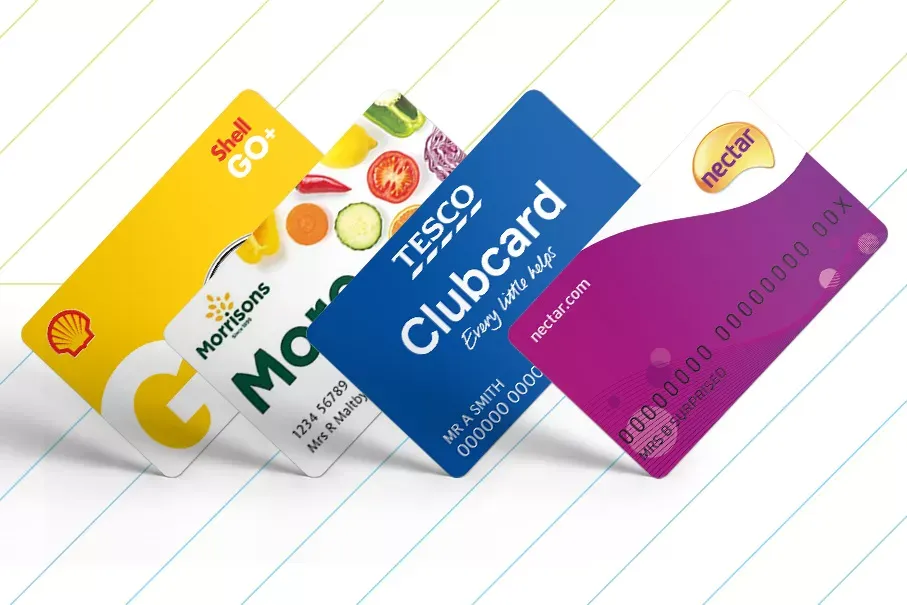20/11/2014
British weather is famous for being unpredictable - but it seems one thing we can guarantee is a spell of harsh weather during the winter. Check your company vehicles now, and throughout the coming months to ensure your drivers stay safe and your loads get through. We’ve compiled a list of top winter vehicle checks, inside and out, to help keep your business stay on the road.
Tyres: check pressure and tread.
Tyres have a significant impact on winter driving safety. Check tread and pressure regularly. Find out more about winter tyre maintenance by reading our tyres blog.
Use winter oil: check the levels regularly.
Oil keeps your fleet vehicles running smoothly, which doesn’t just keep them on the road: it keeps them on the road for longer. Keep your maintenance costs under control by changing to a winter-safe oil. The best oil to use is multi-grade, which can be identified by the two grading numbers. The number with the W is the winter tolerance: the lower the number, the better the oil works when the air is cold.
Antifreeze: keep it topped up.
Antifreeze is mixed with coolant in your fleet vehicle’s engine. Its purpose is to keep the coolant working when outside temperatures plummet. Ensure you use the correct ratio of antifreeze to coolant.
Batteries: check, replace, maintain.
Batteries are the biggest cause of fleet vehicle breakdowns, and the winter months are particularly harsh on them. A cold battery is less capable of taking on new charge. A cold, old battery is even worse. Increased use of lights and heaters take the power down rapidly. Replace old batteries before the winter hits, and practice good power maintenance by switching off interior electrics when fleet vehicles are parked.
Protect your drivers: install emergency packs.
Your fleet vehicles aren’t the only assets you need to protect through the winter months. You have a duty of care to your drivers too. Protect the human factor by installing emergency packs in your vans, lorries and employee cars. Even the best-maintained fleet vehicle can be held up for hours in freezing temperatures if another road user has an accident. Keep in each vehicle warm clothes, reflective jackets, shovels, sleeping bags and food as a minimum.
Overloading: check your load is at a safe level.
An overloaded fleet vehicle handles badly in any conditions. On winter roads, when stopping distances are longer and other road users present an extra danger, the consequences of overloading can be lethal. Know your limits. Look in your vehicle handbook for your vehicle’s details.
Windscreen wipers: replace now.
Old, cracked or inefficient wipers are deadly in winter. Protect your drivers from airborne grime, slush and sluggish washer fluid with new blades. For fleet vehicles, the average lifespan of wipers can be less than one year. Exposure to UV causes faster deterioration of rubber. Always change blades as soon as they begin to leave streaks.


